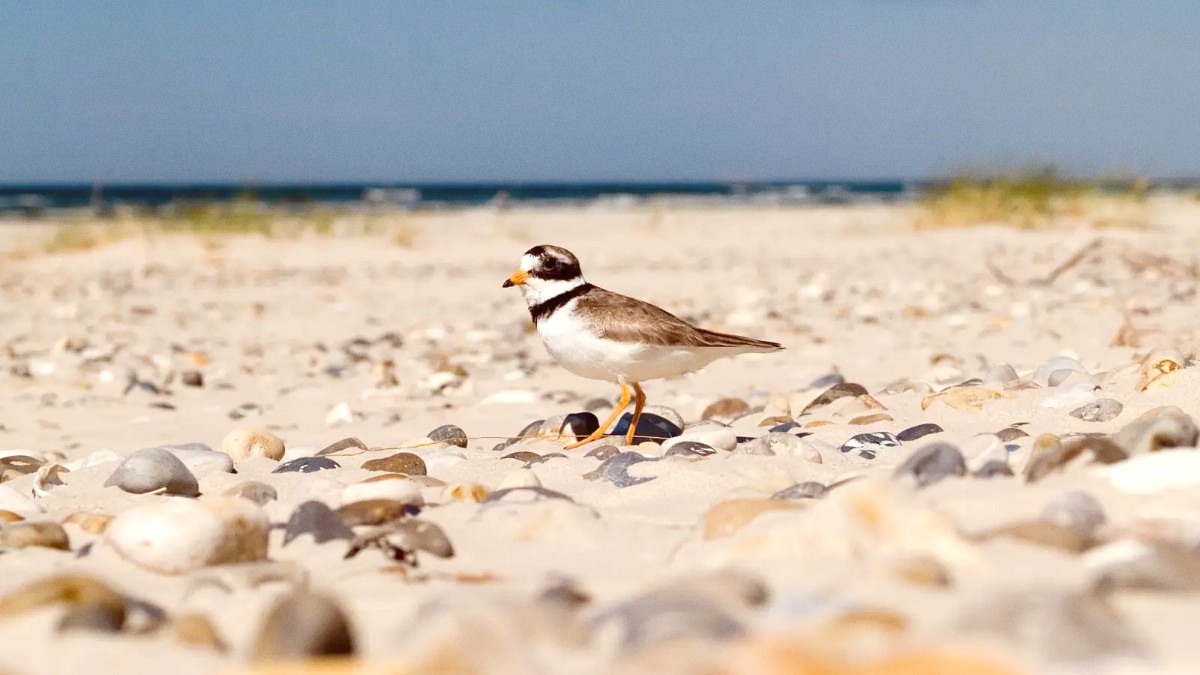
Local SIM cards are widely available from Lumitel, Onatel, and Econet. Purchase at kiosks in cities with passport registration.
Wi-Fi is in most mid-range to luxury hotels and some city restaurants. Mobile data via a local SIM is often the most reliable internet access.
Kirundi is the national language. French is official and spoken in urban areas. Swahili is common in Bujumbura. English proficiency is limited.
A physical phrasebook for French and Kirundi, or a translation app with offline language packs, will be very helpful for communication.
A small effort to speak Kirundi will be greatly appreciated by locals. For digital connectivity, consider an Airalo eSIM or a Solis Wi-Fi device. For language learning, explore Rosetta Stone.
Operating times for various businesses and services across Burundi.
Generally open Monday-Friday, 8:00 AM - 12:00 PM, and 2:00 PM - 5:00 PM.
Typically Monday-Friday, 8:00 AM - 4:00 PM. ATMs mainly in Bujumbura, but reliability varies.
Shops usually 8:00 AM - 6:00 PM. Restaurants for lunch (12-3 PM) and dinner (from 6 PM).
Burundi observes several public and religious holidays where businesses, government offices, and banks may close or reduce hours.
Airport services may vary. Consider lounge access for comfort and compensation services for travel disruptions.
Always carry enough cash, including small denominations. Many places do not accept credit cards, and ATMs can be unreliable.
Cultural sensitivity fosters positive exchanges and shows respect for local heritage.
Greetings receive high value. Always greet people upon meeting them. A handshake is common, often with a soft clasp or slight bow.
Modest dress is generally advised. Women may cover shoulders and knees. Men may prefer long trousers in formal settings.
If eating from a communal dish, use your right hand. Tipping is appreciated for good service but not strictly expected in all local eateries.
Always ask permission before photographing people. Do not photograph military or government buildings, or security forces.
Observe local behavior and adapt. If locals dress modestly, consider doing the same.
Burundi's infrastructure poses challenges for travelers with mobility needs.
Sidewalks are often uneven, broken, or absent. Public transport is not adapted for accessibility.
Few attractions or transportation options are specifically designed to be accessible.
No specific local organizations focus on accessible tourism for international visitors.
Travelers with mobility needs should plan extensively to account for infrastructure limitations.
Working with a specialized tour operator who comprehends accessibility challenges in developing countries is a good approach for mobility needs.